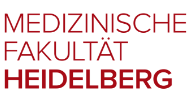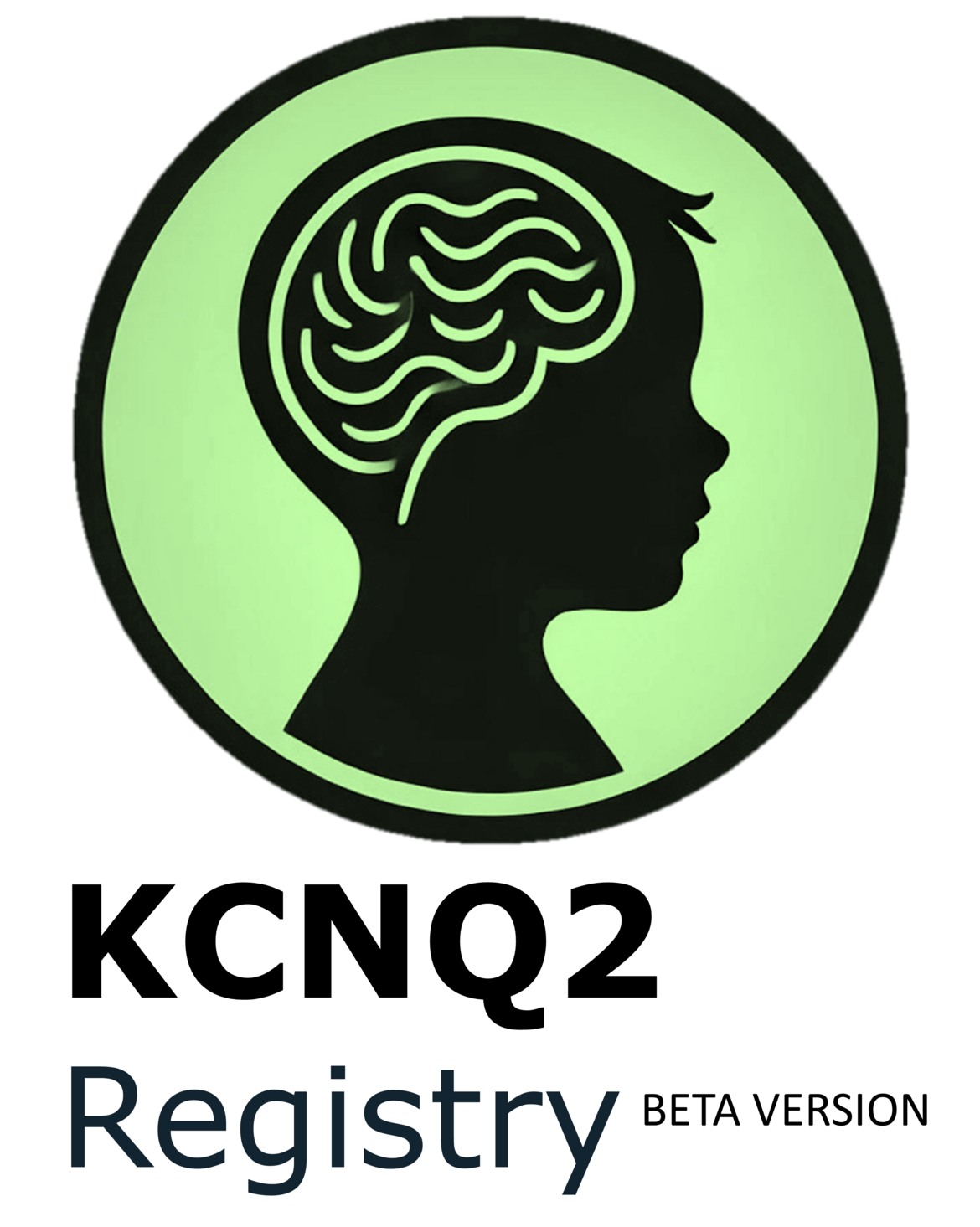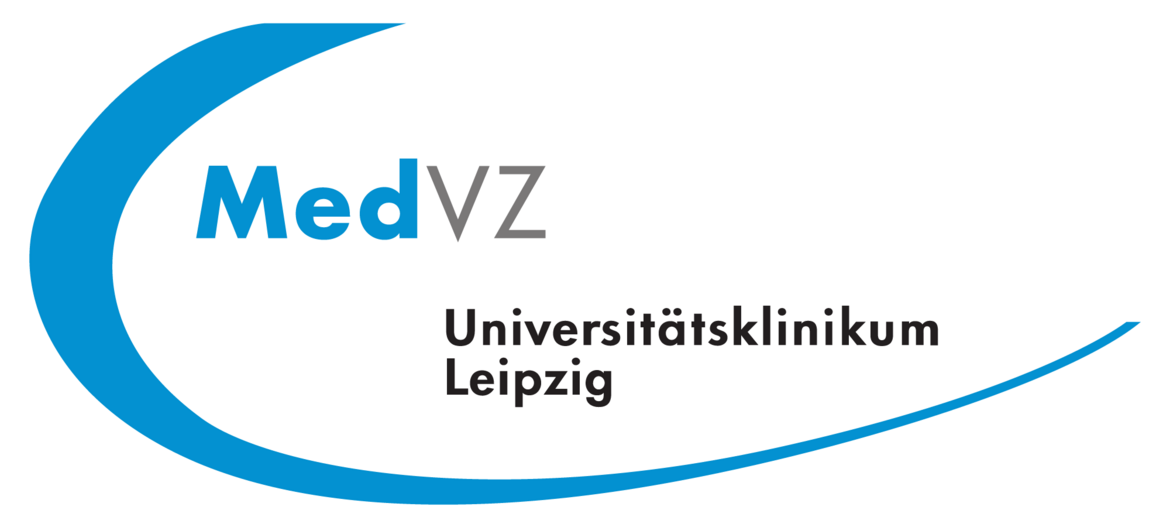WHAT IS KCNQ2?
KCNQ2 is a rare genetic disorder that typically begins in the newborn period. Depending on the genetic variant, affected individuals may experience either self-limiting neonatal seizures or a neonatal-onset developmental and epileptic encephalopathy (DEE).
Key Facts about KCNQ2:
- Symptoms: The condition usually manifests within the first days or weeks of life with recurring seizures (epilepsy). Affected children may also show developmental delays or persistent difficulties with motor and cognitive development.
- Cause: KCNQ2 is caused by mutations in the KCNQ2-gene. These mutations result in faulty potassium channel function in the brain, leading to overexcitability of nerve cells.
- Diagnosis: Diagnosis is confirmed through genetic testing that identifies disease-causing variants in the KCNQ2-gene. This typically follows the onset of epilepsy in early infancy.
- Treatment: There is currently no cure for KCNQ2. Treatment focuses on relieving symptoms - especially seizures, which can be difficult to control. Affected children often require comprehensive support and therapies to aid their development.
- Prognosis: Prognosis varies widely and depends on the severity of the condition and the specific genetic variant. Some children may experience a positive course with long-term seizure freedom and good development, while others may continue to face significant neurological impairments.
KCNQ2 is a rare and complex condition that requires intensive medical care and support for affected families. Early diagnosis, a thorough understanding of the disease spectrum, and targeted therapies can help improve outcomes and the quality of life for affected children.
WARUM BRAUCHEN WIR EIN DEUTSCHSPRACHIGES KCNQ2-REGISTER?
„Register und Datenbanken sind das Rückgrat moderner Medizin. Sie ermöglichen es uns, aus den Erfahrungen vieler Patienten zu lernen und die Versorgung für alle zu verbessern.“
Es existierte bisher noch kein deutschsprachiges KCNQ2-Register. Nun ist es betroffenen deutschsprachigen und englischsprachigen Familien möglich, an einem Patientenregister teilzunehmen. Die Daten werden im Rahmen einer Kooperation der Universität Heidelberg und der Universität Leipzig in Deutschland nach höchsten Sicherheitsstandards gesammelt. Darüber hinaus wird das KCNQ2-Register aktuell auf mehrere Sprachen erweitert, um europaweit betroffene Familien zu erreichen. Die Kooperation und der wissenschaftliche Austausch mit internationalen Betroffenenvertretungen und Wissenschaftler:innen ist ein zentrales Anliegen des Projekts. Außerdem soll über die Datenbank die Kontaktherstellung zu Betroffenen für zukünftige deutsche und internationale Studien erleichtert werden.
CONTACT PERSON:
Study Director:
Prof. Dr. med. Steffen Syrbe
Additional Members of the Registry Team:
Dr. med. Jan Henje Driedger
cand. med. Prisca Wille
cand. med. Kim Marie Thalwitzer
Contact Address:
Center for Pediatric and Adolescent Medicine
Section of Pediatric Epileptology
Epilepsy Diagnostics
Subject: Registry
Im Neuenheimer Feld 430
69120 Heidelberg
CLICK HERE TO PARTICIPATE IN THE KCNQ2 REGISTRY
Downloads
- Informationsschreiben für die Studienteilnahme (Deutsch)
- Einwilligungserklärung für die Studienteilnahme (Deutsch)
- Informationsschreiben für die Teilnahme der Familie (Deutsch)
- Einwilligungserklärung für die Familie (Deutsch)
A collaboration with Human Genetics Leipzig
FAQ
WHO CAN PARTICIPATE IN THE KCNQ2 REGISTRY?
The KCNQ2 registry includes individuals affected by KCNQ2 regardless of age, severity, or nationality. The questionnaires are completed by parents, relatives, or caregivers of individuals with KCNQ2. Currently, the questionnaires are available in German and English, but additional languages will be added over time!
HOW OFTEN IS DATA COLLECTED?
The initial data collection takes place via a questionnaire completed after registration. Follow-up questionnaires are then sent once a year to allow for long-term observation and tracking of the condition.
WHAT HAPPENS TO THE DATA I ENTER?
The personal information you enter in the consent form (enrollment) and the data collected through the questionnaires on disease progression, treatments, and quality of life are stored separately. Only the study director can link personal data with the collected information using a pseudonymization key.
The pseudonymized (de-identified) data are stored in a REDCap (Research Electronic Data Capture) database. The registry team analyzes the collected data at regular intervals with the goal of describing the natural course of the disease.
WHAT HAPPENS TO THE DOCUMENTS I UPLOAD?
Examination results (EEG, MRI, molecular genetic diagnostics, etc.) of the study participant can be uploaded directly to the patient registry. These documents are stored separately from the rest of the data. A member of the registry team will then transfer the relevant findings into the database. After that, the documents are deleted.
DO I HAVE TO REMOVE PERSONAL INFORMATION (E.G. NAME, ADDRESS) FROM THE DOCUMENTS I UPLOAD?
All uploaded documents are reviewed by a member of the KCNQ2 registry team. The relevant findings are de-identified (pseudonymized) and transferred from the uploaded documents into the study database. The documents are then promptly deleted. This ensures that only de-identified (pseudonymized) data remain in the database. Therefore, you do not need to remove personal information from the documents before uploading them!
CAN I MODIFY MY DATA LATER ON?
Using your personal link and a return code, you can modify, delete, or complete your entries at any time. Instructions for this will be provided when you click “Save and continue later.”
WHO CAN I CONTACT IF I HAVE QUESTIONS OR DIFFICULTIES?
If you experience any difficulties, have questions, or would like to share feedback, you can contact the study director or a member of the KCNQ2 registry team at any time.
Email: Epi-Register.Kind@med.uni-heidelberg.de



